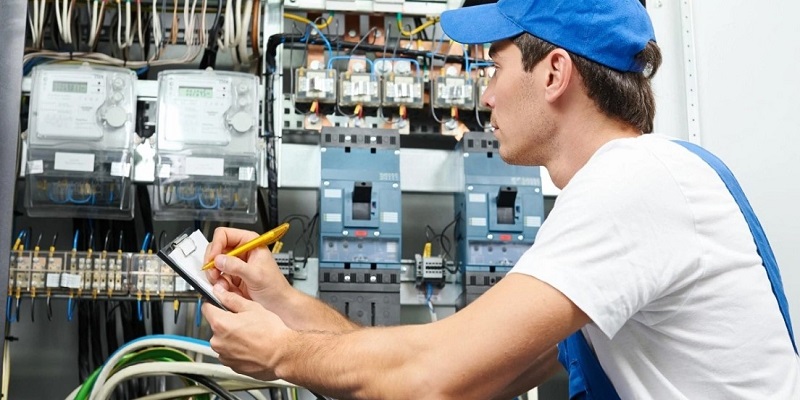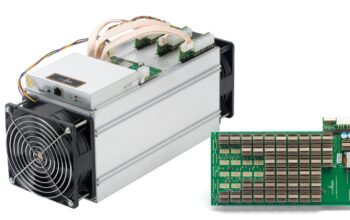To hire a contractor, you should have a clear idea of the type of work you need done. There are several types of electrical contractors, including Residential, Commercial, and Voice/Data/Video. Here are some tips to help you choose the best contractor for your job. Make sure you have an understanding of the job and be prepared to ask questions. A clear direction is beneficial to both the employer and employee. Here are some common questions you should ask any potential contractor.
Commercial electrical contractors
As a commercial property owner, you may be considering hiring a commercial electrical contractor to perform a wide variety of electrical systems for your business. Commercial electrical systems require more power and can bear heavier loads, so they are prone to safety hazards. In addition, these systems can cause considerable accidents if not installed properly. A commercial electrical contractor can help you identify potential problems and fix them in a timely manner, so you can protect your building and employees.
While installing a commercial electrical system may seem like a one-time job, you’ll need a company that is flexible and able to meet your needs. Commercial buildings often require extensive electrical systems for a variety of different applications and use. Plus, businesses are constantly changing, which means that your electrical contractor should be able to keep up. A good electrical contractor should specialize in a variety of services, including installation, replacement, upgrades, maintenance, and repair.
In addition to specialized areas, commercial electrical contractors often work with architects and consulting specifiers to install a building’s electrical system. They can also install and repair large equipment. They are also trained to identify and evaluate safety hazards on a construction site. In addition to installing and repairing electrical systems, commercial electrical contractors can also lead a team and provide support for a variety of other building systems. This way, you can trust your project’s electrical system to a team of qualified professionals.
Read Also: 5 Differences Between an Electrical Technician and an Electrician
Voice/Data/Video electrical contractors
For many electrical contractors, the voice/data/video (VDV) market is an entirely new niche. While this industry is similar to traditional electrical contracting, the specialized skills needed to compete in VDV require a different training and installation process. While a successful electrical contractor in a traditional market is not guaranteed to be able to thrive in VDV, there are several benefits of becoming an expert in this area.
Among the most important qualifications for becoming a voice/data/video electrical contractor is certification. In California, voice/data/video technicians must have a certification that demonstrates they have sufficient experience in the field. Most people must have completed schooling and some form of electrical apprenticeship in order to qualify. Voice/Data/Video electrical contractors must also have a license from the state of California. Once certified, these electrical contractors can work with the state’s Electrical Code to ensure safety.
In addition to installing low-voltage systems inside buildings, voice/data/video electrical contractors can install and maintain security systems. They also handle low-voltage installations, including wireless networks and fiber optics. They can be hired for inside-building projects and rewiring. Regardless of the type of work you need done, a voice/data/video electrical contractor can help. Once you find the right voice/data/video electrical contractor, you can be assured that your building’s electrical system will meet your specific needs.
Residential electricians
While you may not need a residential electrician to install wiring in your home, they do have a few other duties you may need them for. These electricians typically install wiring and conduct maintenance on existing systems. They are also capable of installing ground fault circuit interrupters. These professionals also install tamper-resistant receptacles to keep young children from sticking objects into plug sockets. If you have electrical issues at home, you should contact an electrician to help you with your wiring needs.
Generally, residential electricians work for construction companies or contracting businesses. Self-employed electricians are in greater demand and typically travel to job sites. Residential electricians can work on both new construction and older systems. They are also more likely to work in areas where electricity is not readily available. A residential electrician’s daily schedule is typically forty hours, although they may work overtime to complete a job. The field of residential electrical work requires a lot of knowledge and training to stay competitive.
With increasing popularity of green energy, there is a growing need for qualified electricians who can install renewable energy sources such as wind turbines and solar panels. These renewable sources of energy are increasingly popular with homeowners as they reduce energy bills and decrease environmental impact. Become an expert in green energy solutions to meet this growing demand. As energy costs rise, electricians will need to keep up with new technologies and learn how to install them. Additionally, you’ll need to stay up to date on new technology, as home owners are becoming more environmentally conscious.








